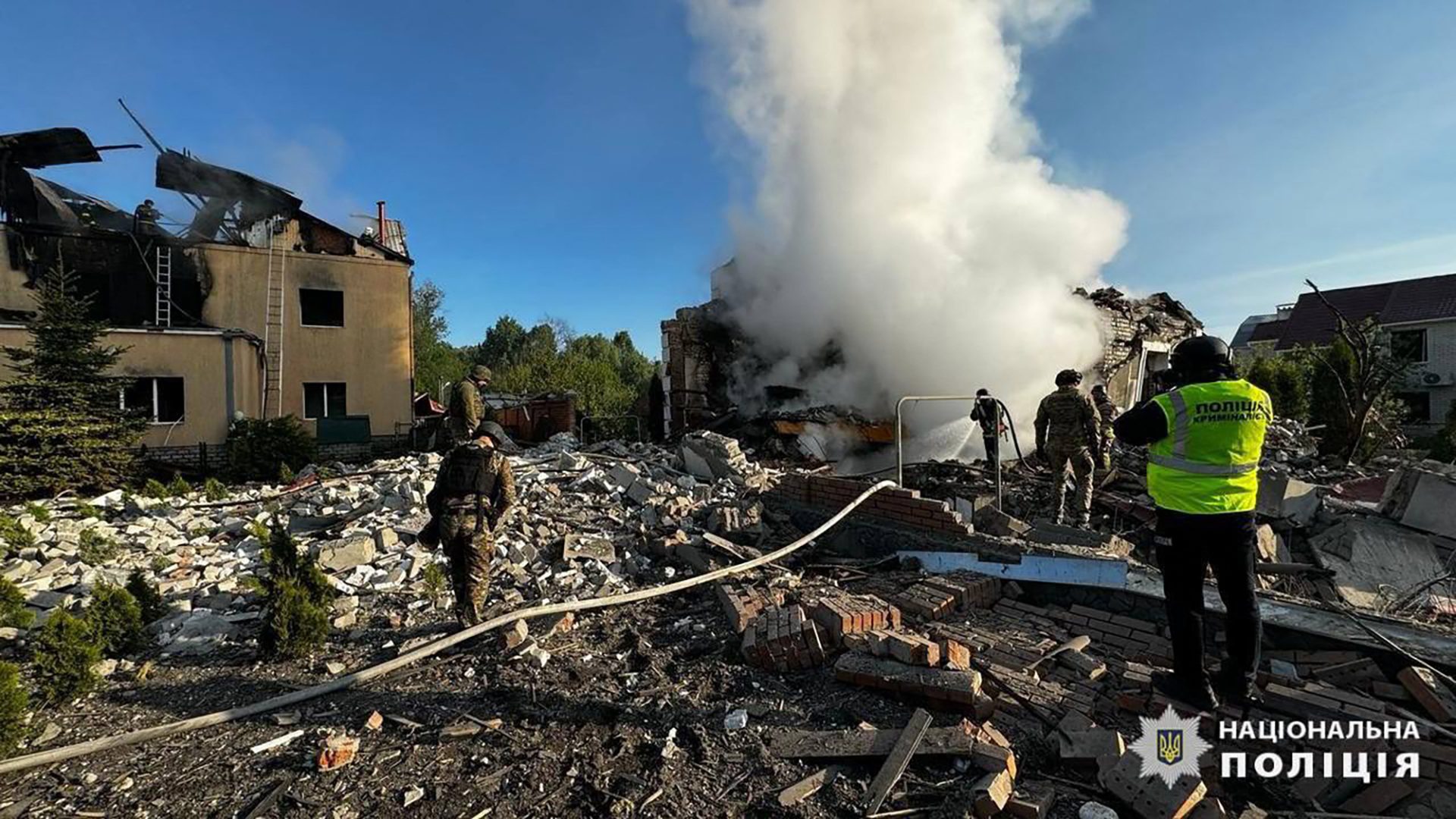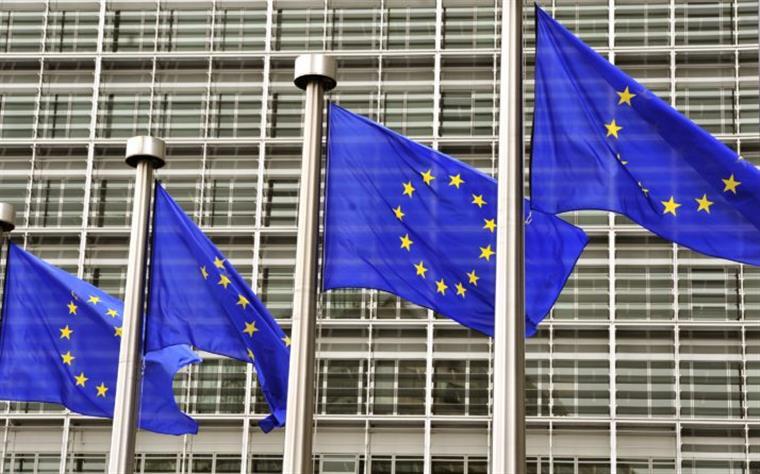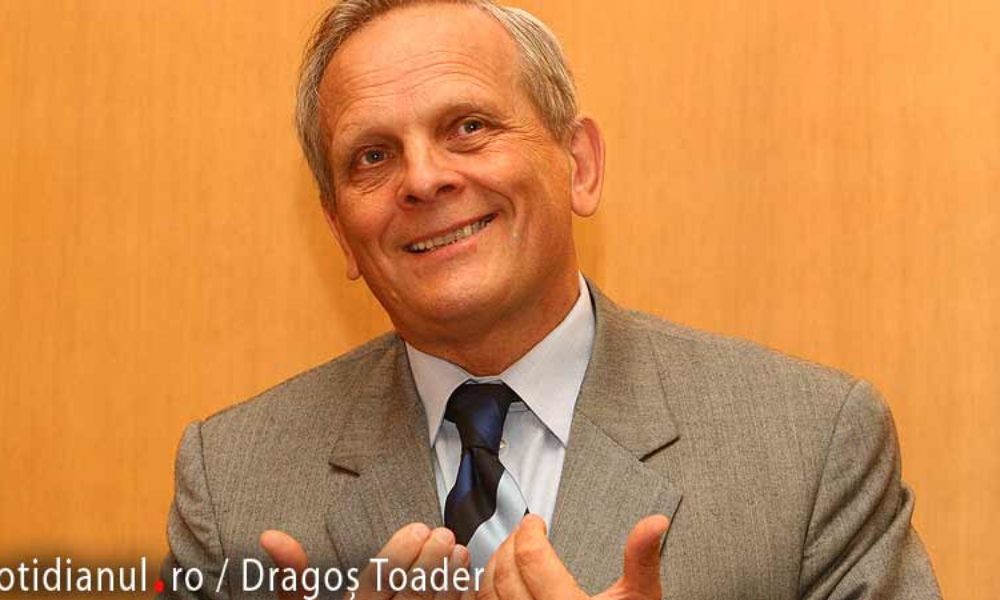Today as yesterday

50 years ago, on March 11, 1975, the intention of spinoalist sectors, in response to a rumor about an imminent ‘Easter killing’, failed ridiculously. Already the counterattack was successful. MFA officers near the PCP, which already controlled power and will have fostered and disseminated the rumor, soon found a pretext for, within hours, extinguishing the national salvation board, institutionalizing the MFA assembly and constituting the Revolution Council (CR).
Following what Vasco Gonçalves had been planning, the bank, the insurance and various sectors of the economy were nationalized. Arbitrarily, and by order of the military, hundreds of civilians were arrested. Francisco Sousa Tavares, complaining about «Organized Banditism» and from «Irresponsible arrival or fresh revolutionaries of fresh date»I stressed that «The destruction of the country consumed in a short time». For that, «It was necessary to overthrow (…) any and all legal order or respect for the law».
In the April elections of this year, the military suffered a setback: their peers, PCP and MDP, did not reach 17% of the votes. But popular rejection was not enough to stop the mischief. The Constitution would be conditioned by a pact imposed by the MFA, which perpetuated its power. Rights and freedoms remained hampered. Economic fabric was destroyed with irresponsible legislation, loss of international credibility, collectivization of agriculture and incompetent management of large companies, conditioned by party banknotes. The principle of colonies’ self-determination fell apart: the CR merely fulfilled the interests of Moscow; The returned returned without eira or border.
But the acceleration of the revolutionary process, with mischief and madness, bumped into popular resistance, particularly in the north. In the ‘hot summer’ of 1975, the most lucid members of the CR understood that the situation was unsustainable. With delivery ‘a la carte’ From Angola to the MPLA, there was no interest in postponing the purge. On November 25, as in March, a useful conjure emerged. The defeat of the undergravation of extremists from the military left was what saved the PCP, which betrayed the rebels, and legitimized the influence of CR.
Returning to Sousa Tavares, after the «Arbitrary arrests, false accusations, domain of social communication by lies», «National conscience repudiated this new threat of absolute power and non -democracy». The process of democratization was then resumed, restoring the freedoms. The democratic parties assumed the mandate that the people had entrusted to them. The radical military was spared and many, such as Rosa Coutinho and Corvacho, enriched with shredded business with Angola. Those who retreated, by conviction or tacticism, have been tangled with various benefits in an association, and today they still own the revolution.
‘Gonçalvism’ would leave a trail of destruction. The conditioned constitution postponed the inevitable reprivatizations. It was the adhesion to Europe that changed the country, albeit with starters. Despite financial crises and external interventions, as well as the inexorable reform resistance, Portugal progressed. But there were the 1975 sequelae…
The story is not repeated, but leaves lessons. In this time of political crises that, by its frequency, weaken the regime, the indispensable transformation of the country in the face of new conjunctural threats cannot be conditioned by those who want to drown democracy in the mud. As in 1975, it is by vote that, on May 18, we must resist.




/s3/static.nrc.nl/wp-content/uploads/2025/06/07171846/web-0706nws_ozempic-nieuw.jpg)

